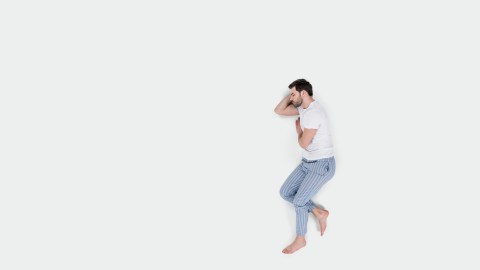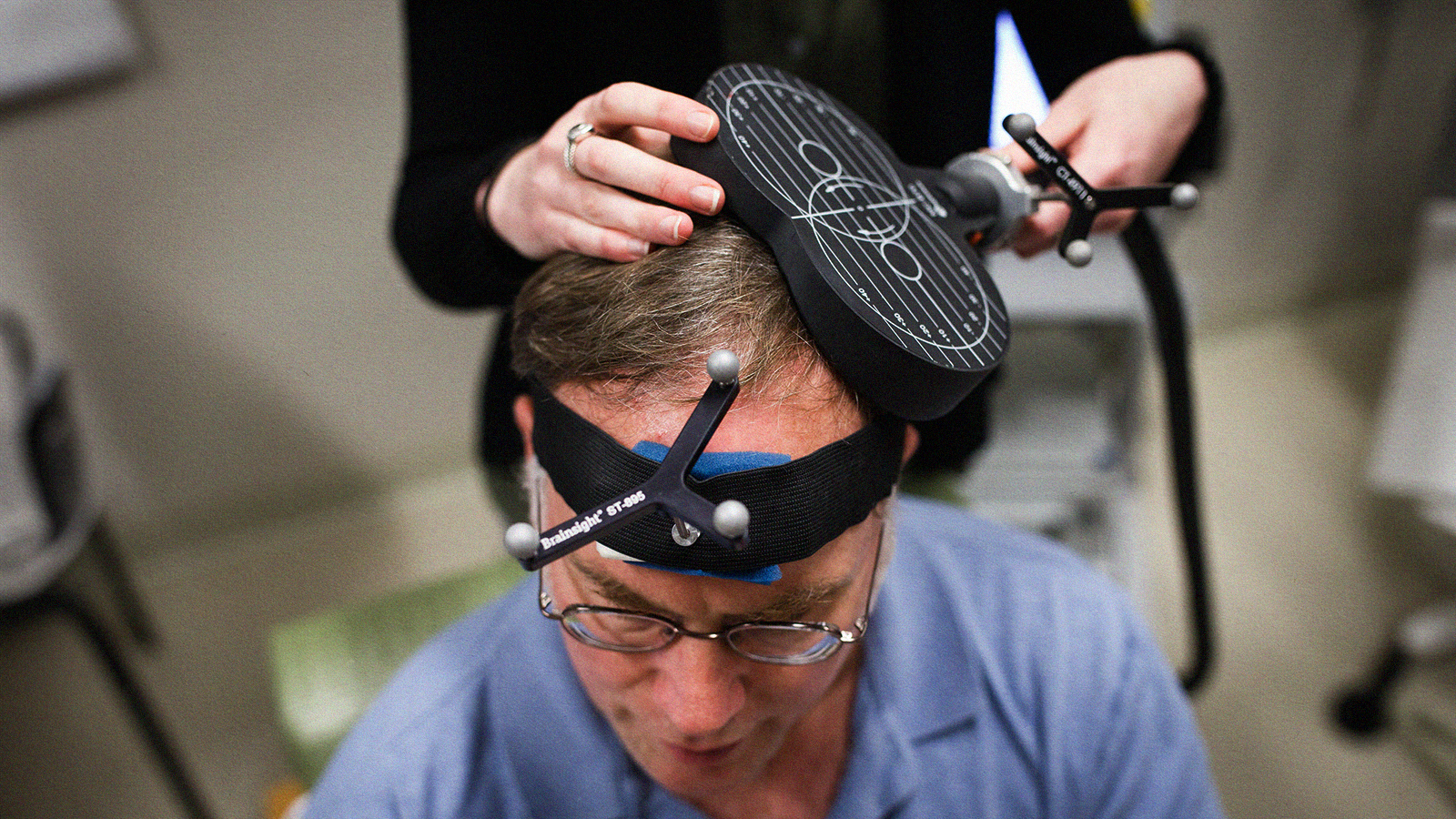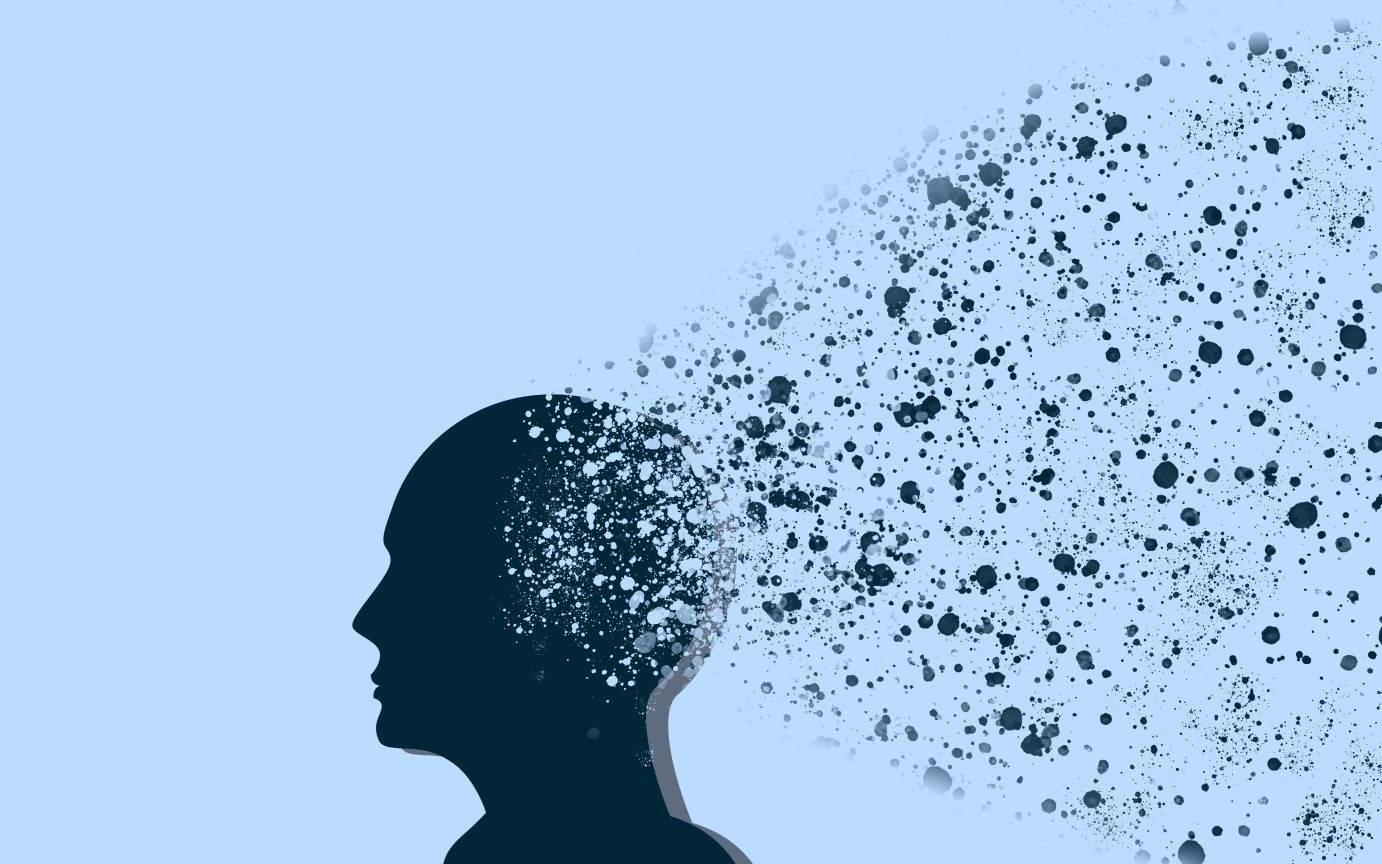Measuring brain waves during sleep could lead to better depression treatments

Photo: Lightfield Studios / Shutterstock
- Researchers at the University of Basel measured the efficacy of antidepressants by measuring brain waves during REM sleep.
- Antidepressants take weeks to begin working, and over 50 percent of users don’t find success with the first prescription.
- This research could offer a powerful new diagnostic tool for psychiatrists and doctors.
The National Institutes of Health tested the efficacy of sleeping pills in 2007. On average, these medications only add an additional 11 minutes of sleep. The trade-off—potential side effects include constipation, stomach pain, impairment, memory problems, and more—doesn’t seem worth the extra time asleep.
Then there are neurological changes induced by sleeping pills. Sleep aids affect your brain’s production of the neurotransmitter GABA. Unfortunately, drugs like Ambien “can actually restrict the deeper brain waves produced during REM sleep, leading to grogginess and forgetfulness the following morning.” Those extra 11 minutes are not better minutes; in fact, your sleep cycles are disrupted entirely.
Sleeping disorders affect over one-third of American adults. Roughly 70 million Americans sleep less than seven hours per night. While disorders such as narcolepsy and apnea have their own treatment protocols, insomnia is a major concern. The reasons are varied: screen time, diet, stress, caffeine. As with sleeping pills, caffeine can negatively impact your ability to sleep, as well as getting into a deep sleep.
Add antidepressants to that list—for some. New research from the European College of Neuropsychopharmacology has found that by measuring brainwaves during Rapid Eye Movement (REM) sleep, researchers can predict how that person will respond to antidepressants, such as Prozac and Fluoxetine.
Prescription mediation is always a gamble. Selective serotonin reuptake inhibitors (SSRIs) take weeks to begin working; over half of patients don’t respond to the drugs they’re given. Depressed patients want relief as quickly as possible, so cycling through a few medications, each with their own list of side effects (including sleep disruption), can be a frustrating process.
Should you “hack” your sleep pattern? | Vanessa Hill | Big Thinkwww.youtube.com
University of Basel’s Dr Thorsten Mikoteit led the research. His team studied 37 volunteers suffering from major depression, with 15 in the control group. Everyone’s brain waves were measured while asleep. By gazing at these waves, the researchers identified patterns that could predict whether or not the volunteer would benefit from an antidepressant.
Through their observations, the researchers were able to suggest a different medication if they did not seem to respond to the first. After five weeks, 87.5 percent of the patients in the treatment group showed an improved response to medication, compared to only 20 percent in the control group.
It should be noted that this is a pilot study and has not yet been peer reviewed. Still, Mikoteit sees hope in the protocol.
“We have been able to show that by predicting the non-response to antidepressants we were able to adapt the treatment strategy more or less immediately: this enables us to significantly shorten the average duration between start of antidepressant treatment and response, which is vital especially for seriously depressed patients.”
Poor sleep is an indicator of numerous health problems, including anxiety and depression. Getting an inside view of sleep patterns could be a game-changer for the hundreds of millions of people that regularly suffer from depression. If this research holds up, doctors could have a powerful new diagnostic tool at their fingertips. The time, money, and health risks associated with faulty prescriptions could be avoided—a win for patients and the health care system overall.
—
Stay in touch with Derek on Twitter, Facebook and Substack. His next book is “Hero’s Dose: The Case For Psychedelics in Ritual and Therapy.”





